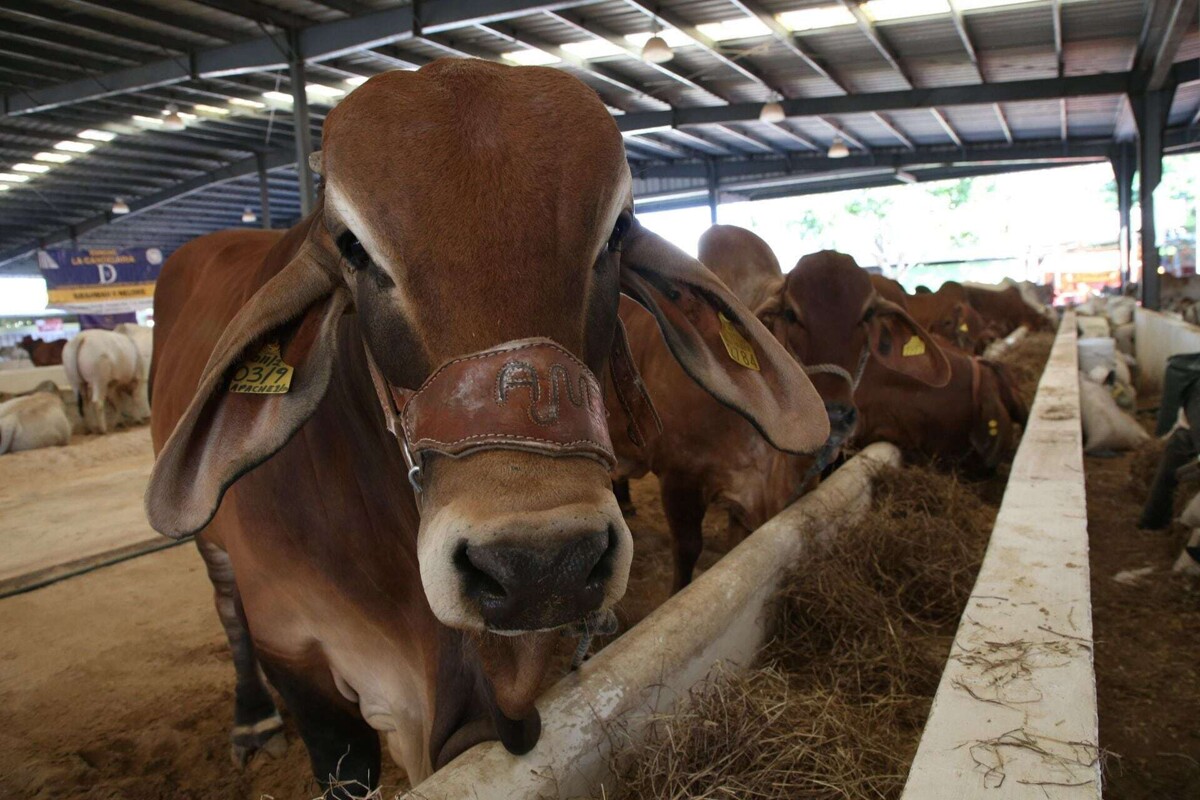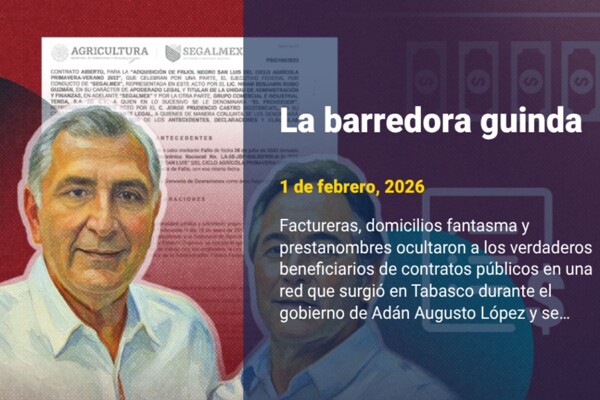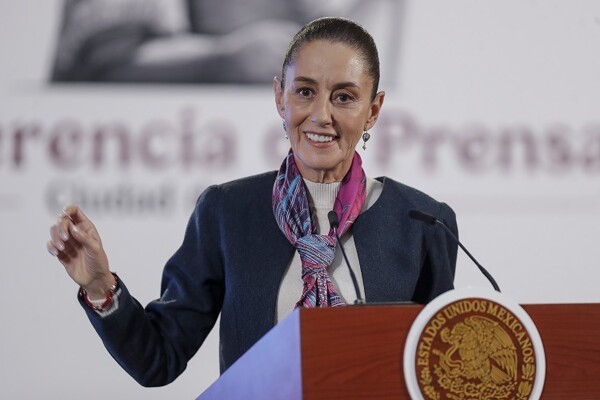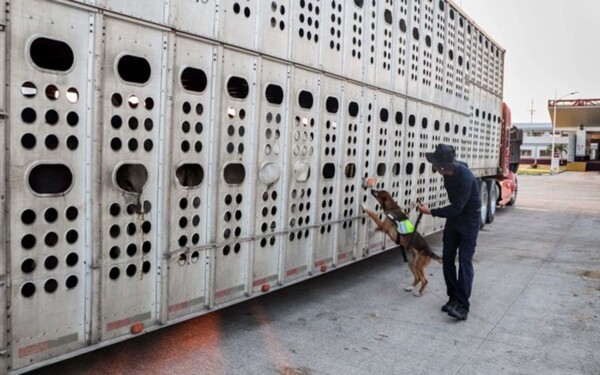
The livestock industry of Nuevo León (NL) faces a serious economic crisis due to the loss of sanitary status that allowed it to export cattle to the United States (US) since December 2023. This has generated estimated annual losses of 400 million pesos, affecting commercial producers and breeders of bovine genetics.
Luis Lauro Martínez, a cattle rancher and former president of the Red Brangus Association of Mexico, explained that the marketing of fattening calves has been severely impacted, with around 30,000 heads no longer exported annually, which amounts to a loss of 225 million pesos. In addition, the sale of livestock genetics is also affected, as there are around 10,000 registered cows of various breeds in NL.
The restriction has caused difficulties in the movement of cattle to other states in the country, resulting in additional losses of 175 million pesos. Unlike NL, other states such as Coahuila, Tamaulipas, Sonora, Chihuahua, and Durango continue to export cattle and benefit from high market prices.
According to Martínez, the lack of phytosanitary certification required by the United States Department of Agriculture has led to the state livestock sector losing more than 400 million pesos. Víctor Siller, a consultant and advisor to ranchers in the region, pointed out the absence of outbreaks of diseases such as tuberculosis or brucellosis in cattle, both locally and in animals exported to the US.
Specialists agree that the problem is partly due to deficiencies in coordination between state authorities and the Livestock Union, which have not completed controls on the movement and traceability of cattle, as well as a lack of follow-up by the Health Committee. Martínez emphasized the need to strengthen coordination between these bodies to accelerate the recovery of sanitary status and become competitive again in the livestock market.














